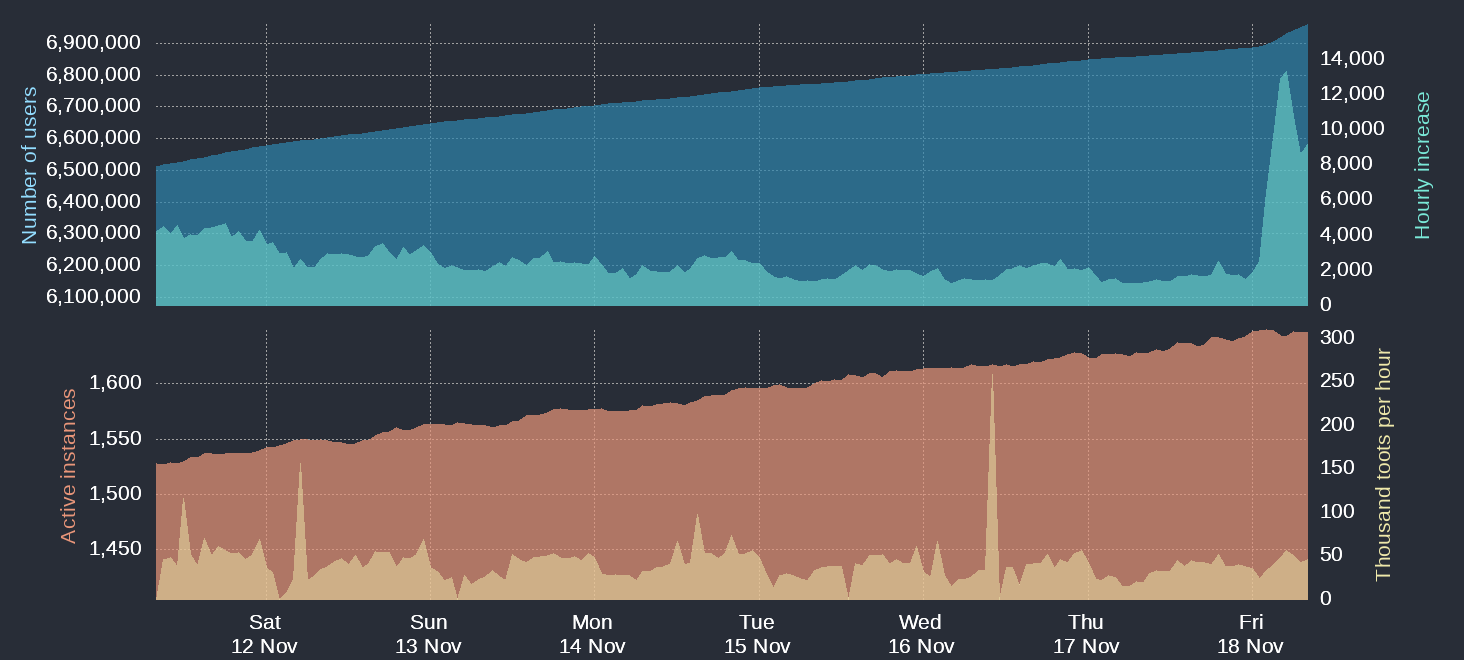3
9
5
2
6
27
7
23
Google Camera Port Hub: Get the best GCam APK for Samsung, Xiaomi, Redmi, and other phones!
(www.xda-developers.com)
8
0
9
30
10
19
11
54
14
34
16
8
17
32
18
66
19
35
21
1
23
13
view more: next ›
Technology
37201 readers
234 users here now
Rumors, happenings, and innovations in the technology sphere. If it's technological news or discussion of technology, it probably belongs here.
Subcommunities on Beehaw:
This community's icon was made by Aaron Schneider, under the CC-BY-NC-SA 4.0 license.
founded 2 years ago
MODERATORS
